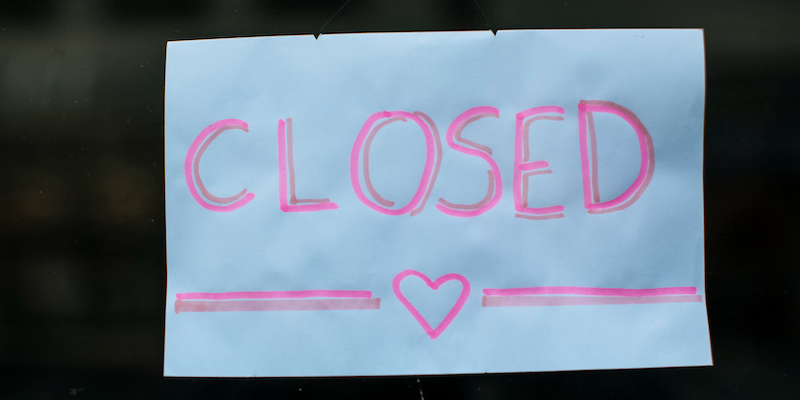One of the most exciting moments in the home-buying process is closing day. After weeks or even months of searching, negotiating, and paperwork, the day finally comes when you officially become the owner of your new home. But there’s one big question that many first-time homebuyers (and even experienced buyers) have: Can you move in on closing day?
The short answer is: It depends.
Let’s break down the key factors that determine whether or not you can move in right after closing.

1. The Timing of Your Closing
Closing day can often be a whirlwind of signatures, final walkthroughs, and last-minute paperwork. Closing usually takes place during business hours at a title company or attorney’s office, and it can take several hours to complete all the necessary documentation.
Once all the papers are signed and funds are transferred, ownership is officially transferred from the seller to the buyer. However, this doesn’t necessarily mean that the home is immediately available for you to move into.
In some cases, the seller may still need a few hours or even days to vacate the property after the transaction is complete. If the seller is still in the home after closing, you’ll need to wait until they’ve moved out before you can move in.
2. Possession Date on the Contract
One of the most important documents to check is your purchase agreement. The contract should specify the possession date — the date on which you officially take possession of the home.
In some cases, the possession date might be the same day as closing, allowing you to move in immediately after signing the documents. However, this isn’t always the case. It’s common for the possession date to be a few days or even weeks after closing, depending on what was negotiated between you and the seller. The seller may need time to pack, arrange for movers, or complete a final cleaning.
If you are eager to move in right away, it’s crucial to review your contract carefully to understand when the possession will be granted. If it’s a few days after closing, you’ll need to plan accordingly.
3. Walkthrough and Final Inspections
Most homebuyers have a final walkthrough or inspection scheduled just before the closing. This is your last chance to check that the home is in the condition agreed upon in the contract.
If there are any issues or repairs that need to be addressed, they’ll need to be resolved before you can move in. This might involve the seller fixing problems, providing credits for repairs, or agreeing on a timeline for fixing issues after closing. If the home isn’t in the condition you expect, it may delay your move-in.
Also, if the home isn’t ready or the seller has left behind belongings, the seller may be in violation of the terms of the contract, which could lead to further negotiations or delays in your ability to move in.
4. Financing and Mortgage Considerations
For buyers who are securing a mortgage, it’s important to understand that the loan process isn’t complete until the funds are disbursed and the transaction is officially recorded. Once the title company receives the necessary documents and the funds are transferred, the deal is complete, and ownership passes to you.
If there are any issues with the mortgage or finalizing the paperwork, you may not be able to move in on closing day. It’s always a good idea to double-check with your lender to confirm that everything is in place for a smooth transition of ownership.
5. Seller’s Flexibility and Leaseback Agreements
In some situations, the seller may need more time to vacate the property even after closing. In this case, the seller and buyer may agree to a leaseback agreement. This arrangement allows the seller to stay in the home for a set period after closing, typically in exchange for paying rent.
If this is part of your deal, you’ll need to work with the seller to determine the specific timing of your move-in.
Conclusion
In short, while you can technically move in on closing day, it isn’t always guaranteed. Your ability to move in right away depends on the timing of the closing, the possession date agreed upon in your contract, and the seller’s situation.
To avoid confusion or delays, it’s important to communicate with all parties involved (your agent, the seller, the title company, and your lender) to ensure a smooth transition into your new home. Always review your contract for specific possession details and make sure you have everything in order for a seamless move-in process.
Remember, even though closing day is the final step in the home-buying process, there may be a few steps left before you officially get the keys to your new home.
